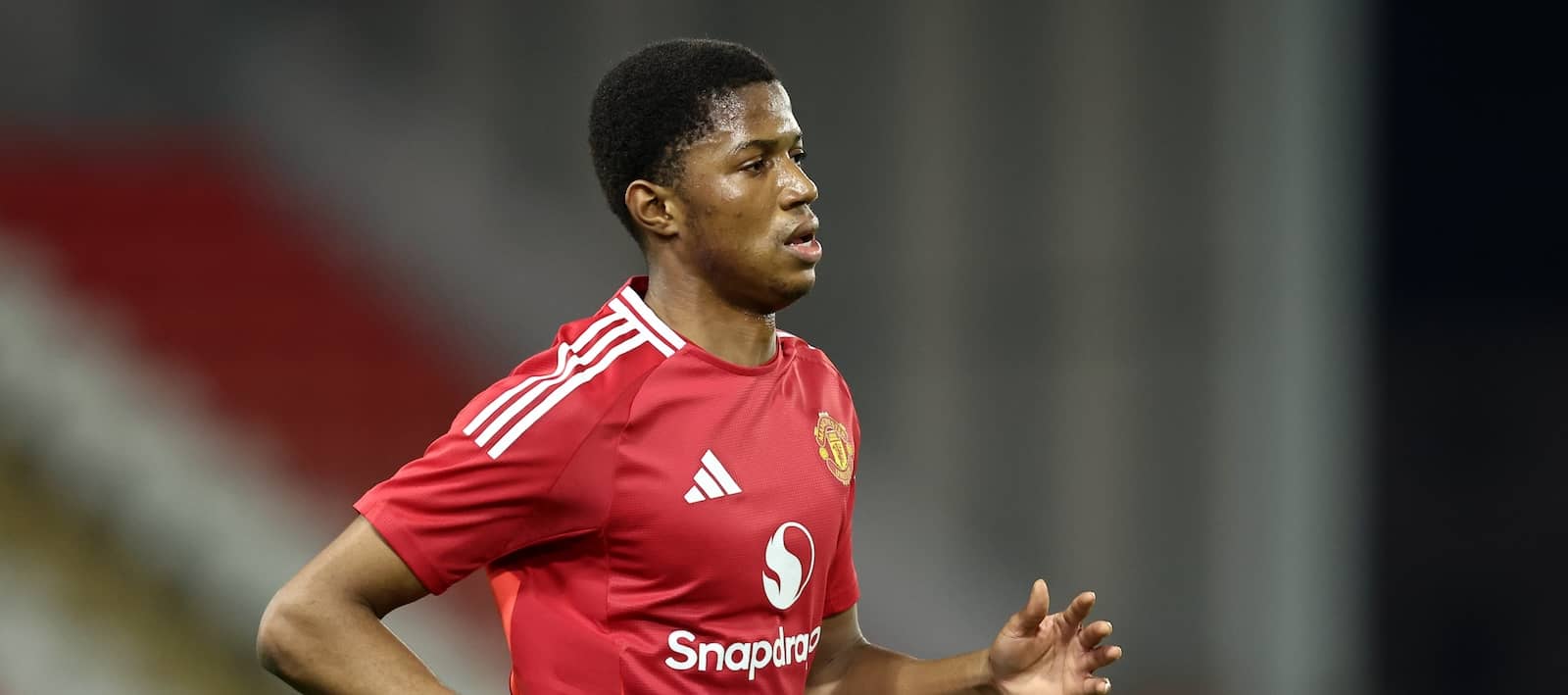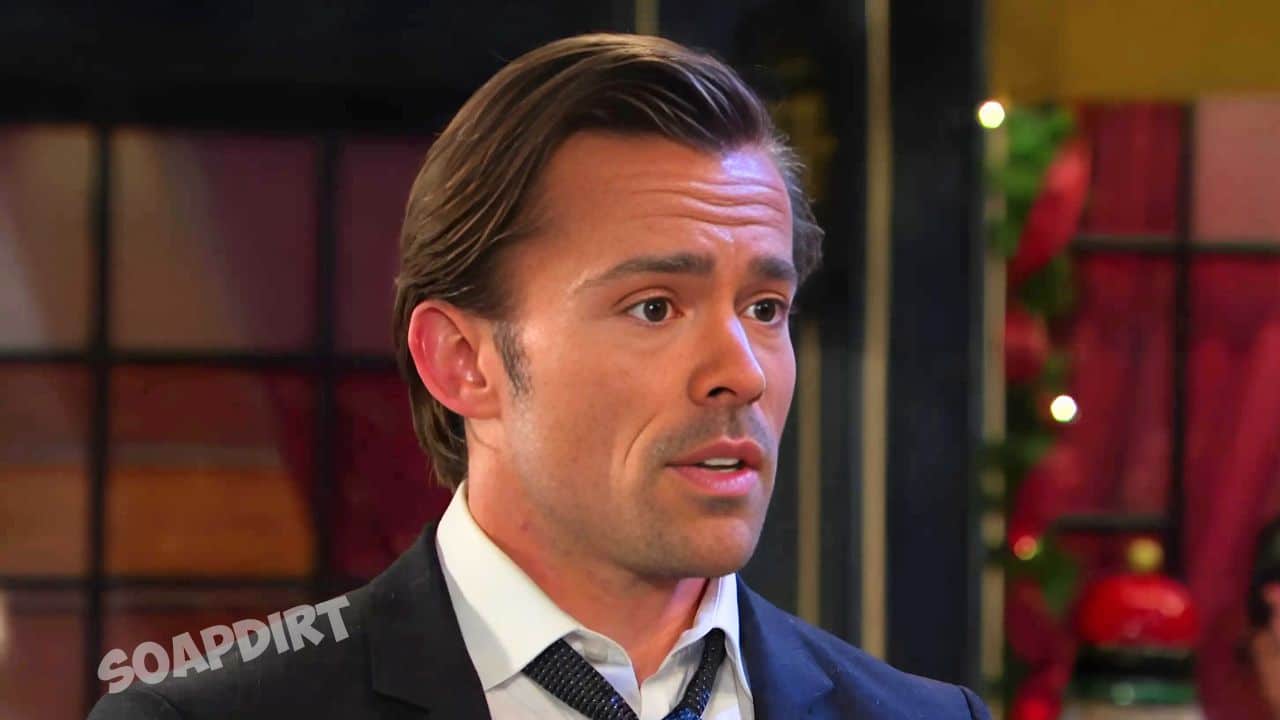Unlock the Editor’s Digest for free
Roula Khalaf, Editor of the FT, selects her favourite stories in this weekly newsletter.
Norway’s state-controlled oil and gas company Equinor has bought a 10 per cent stake in Denmark’s Ørsted, becoming the second-largest shareholder in the world’s biggest offshore wind farm developer behind the Danish government.
Anders Opedal, Equinor’s chief executive, said on Monday that the shareholding — worth about $2.5bn — had been accumulated over time and was part of the Norwegian group’s growing focus on renewables.
“Equinor has a long-term perspective and will be a supportive owner in Ørsted. This is a countercyclical investment in a leading developer, and a premium portfolio of operating offshore wind assets,” he added.
Ørsted is one of the biggest renewable energy companies, evolving out of Danish Oil and Natural Gas in the past decade to become the leading developer of offshore wind farms from the North Sea to the US and Taiwan.
But the group, which is controlled by the Danish state through a 50.1 per cent stake, has struggled in recent years due to a botched expansion in the US that led to big writedowns on projects and the suspension of its dividend until at least 2025. It also scrapped plans for a green fuel plant in Sweden this year.
Shares in Ørsted, which have fallen almost 70 per cent from their 2021 peak, rose 6 per cent by Monday afternoon following the news that Equinor was taking a 9.8 per cent stake. Equinor’s shares fell 4 per cent.
The Norwegian oil and gas major said it had no current plans to raise the stake further than 10 per cent.
Biraj Borkhataria, head of global energy transition research at RBC, said the stake gave Equinor access to offshore wind assets “without the risk on construction and delivery, as well as supply chains”.
He added: “Equinor has in the past shown willingness to buy public entities.”
Ørsted currently has 10.4 gigawatts of renewable generation capacity, and is aiming to reach 38GW by 2030.
Opedal said as a “rule of thumb” it would cost about $4bn to develop 1GW compared with the $2.5bn it is paying for the stake in Ørsted.
“We find this an attractive investment, creating long term value for our shareholders,” he added.
Equinor said it was “supportive” of the Danish group’s management and strategy and would not seek board representation.
“The offshore wind industry is currently facing a set of challenges, but we remain confident in the long term outlook for the sector, and the crucial role offshore wind will play in the energy transition,” Opedal said.
Equinor has recently said it would reduce the size of its renewable energy unit in line with other oil and gas groups scaling back their ambitions in the sector.
The Norwegian group has said it wants to have half its gross investments in 2030 to be in renewable energy or low-carbon projects but it has faced fierce criticism from environmentalists over what they perceive as its slow progress and its continued heavy investment in oil and gas.
Equinor has less than 1GW in renewable capacity as of the end of 2023 but is trying to reach 12-16GW by 2030, according to its 2023 annual report.
It has also faced struggles developing offshore wind in the US, where its Empire Wind project has been affected by higher costs.













